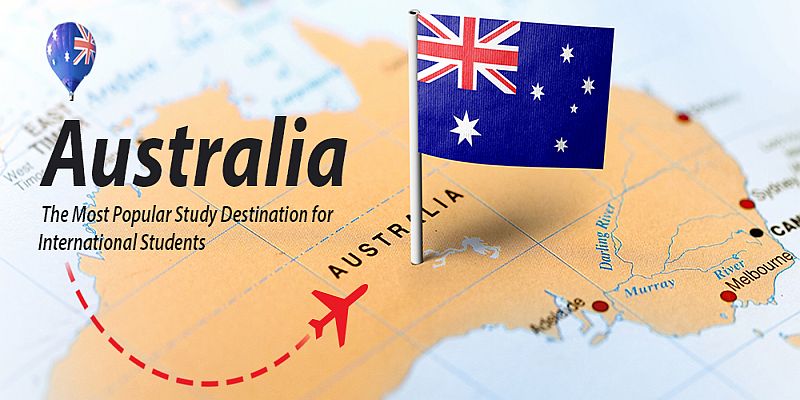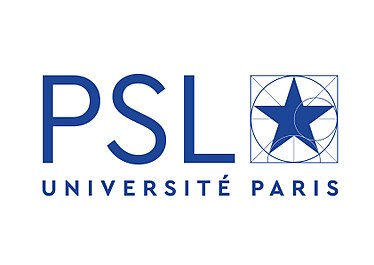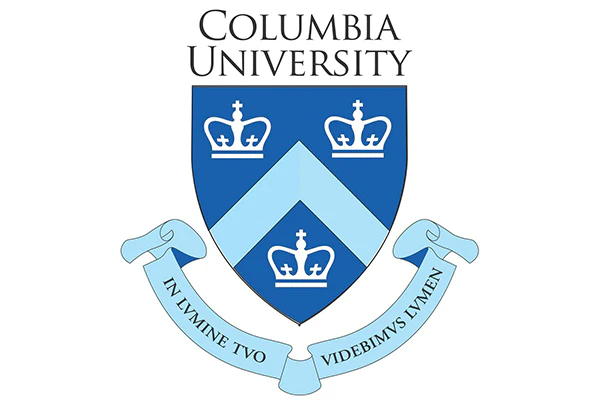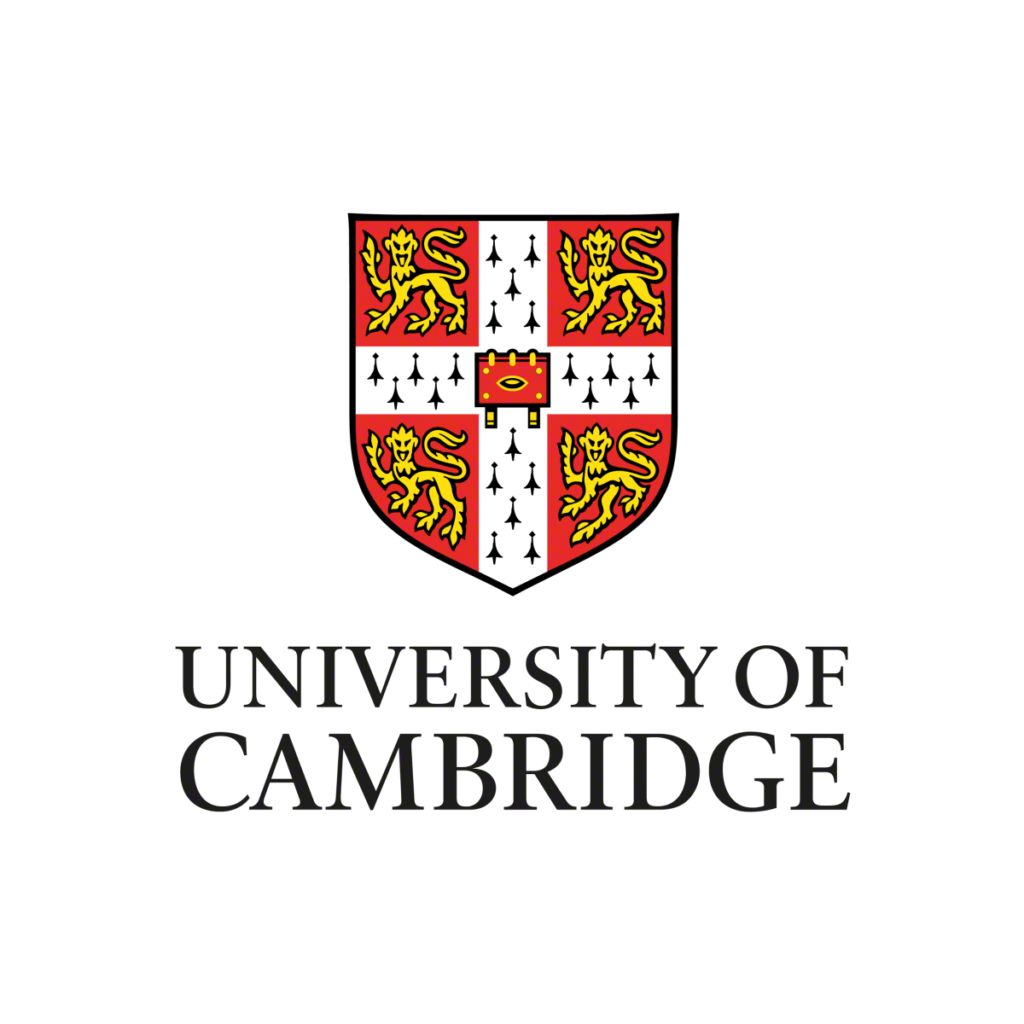Australia Education for international students

Australia offers a diverse range of study options for international students, with more than 1,100 institutions and 22,000 courses to choose from.
International students can study at all levels of education from primary and secondary school, to vocational education and training (VET), from English language courses to higher education (including universities). The term ‘tertiary education’ in Australia refers to higher education (universities) and vocational education and training (VET and TAFE colleges).
Higher education – Tertiary Education Quality and Standards Agency (TEQSA) and VET – Australian Skills Quality Authority (ASQA) are organisations for higher education and VET institutions. These organisations are responsible for registration/re-registration of institutions and accreditation/re-accreditation of courses.
Regardless of what you are studying for or how long you are studying, Australia’s laws promote quality education and protection for international students. This includes the Education Services for Overseas Students (ESOS) Act 2000 and the National Code of Practice for Registration Authorities and Providers of Education and Training to Overseas Students 2007 (National Code). These provide nationally consistent standards for providers of education and training for international students.
Student visa for Australia
The student visa (subclass 500) allows you to remain in Australia for up to 5 years for the purpose of full-time study at an educational institution, in line with your enrolment.
With this visa you can:
- take part in an eligible course of study
- include your family members in your application (your partner or you and your partner’s dependent child.
- apply online in or outside Australia
- work up to 40 hours every 2-week period once your course starts.
What is the process for applying for a Student visa?
- if you’re outside Australia, apply for your visa at least 6 weeks before your course begins.
- If you’re in Australia, allow plenty of time before your current visa expires as you may need more time in the event of any complications.
- Use the Document Checklist Tooland gather your documents. Ensure you have the most current list as the Document Checklist tool is updated twice a year on 31 March and 30 September.
- Apply for this visa online in or outside of Australia.
- Create or log in to Immi Account, attach documents and pay the vis application charge.
Study in Australia Cost
The costs of studying in Australia will depend on the institution and the level of study you choose. The list below gives you an indication of the range of course costs for several types of qualifications.
School – $7,800 to $30,000
English language studies – Around $300 per week depending on course length
Vocational Education and Training (Certificates I to IV, Diploma and Advanced Diploma) – $4,000 to $22,000
Undergraduate Bachelor Degree – $15,000 to $33,000*
Postgraduate Master’s Degree – $20,000 to $37,000*
Doctoral Degree – $14,000 to $37,000*
* This does not include high value courses such as veterinary and medical studies. Please visit institution websites directly to see costs for these courses.
Average student living costs in Australia
International students living in Australia need between 1,400 and 2,500 AUD/month to cover all their living expenses, including accommodation, food, and social activities. Keep in mind that when you apply for the student visa in Australia, you will need to prove you have the financial resources to live and study in the country.
Check the average budget you’ll need for some of the most popular student cities in Australia:
Sydney: starting at 1,900 AUD/month
Adelaide: starting at 1,300 AUD/month
Brisbane: starting at 1,400 AUD/month
Scholarships
Many scholarships are available to students of all nationalities; however, all scholarships conditions are set by the institution or organisation offering the scholarship. Applications have to be done directly with the scholarship provider and to find out if you are eligible to receive a scholarship you must contact the organisation offering the scholarship.






